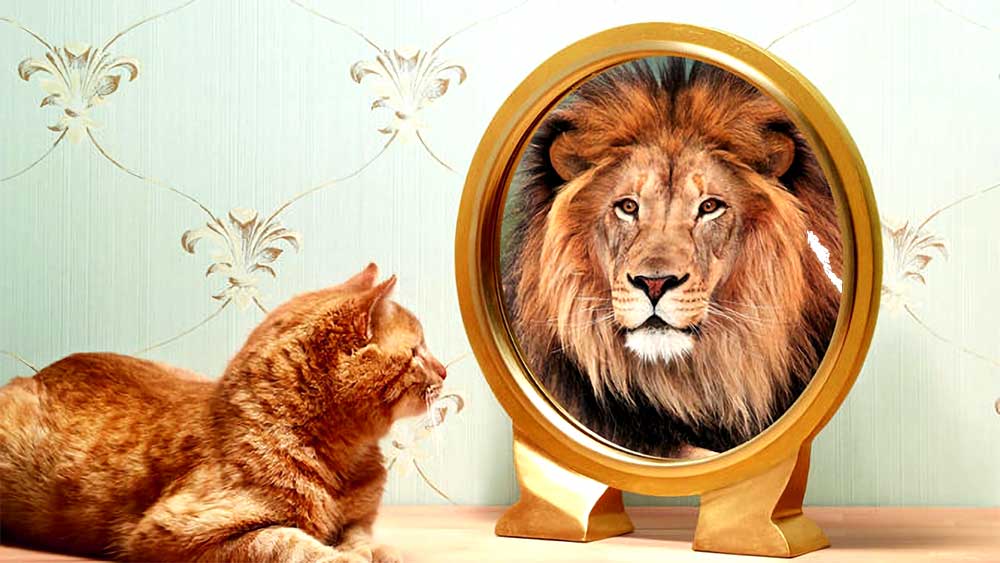The concept of the “Delusional Score” might sound like a harsh wake-up call, but it can be an incredibly useful tool for gaining real perspective in the often-confusing world of dating.
Uncategorized
Modern dating can be a maze of mixed messages, confusing signals, and unmet expectations. Whether it’s influenced by Hollywood romance or social media’s unrealistic portrayals of relationships, we often find ourselves wrapped up in delusional beliefs that can hinder true connection.
In today’s hyper-connected world, social media has become an integral part of how we perceive ourselves and others, influencing our expectations in every area of life, including relationships.
“Are My Dating Standards Too High?” is a question that plays a crucial role in shaping our romantic experiences, influencing who we pursue and how we connect with potential partners. These standards often stem from personal values, past relationships, and social influences, guiding us in our search for love.
Defining what you are looking for in a relationship can be a challenging yet enlightening experience. Relationships play a crucial role in our lives, shaping our experiences and emotions.
Setting realistic goals is essential for achieving success and maintaining motivation. Unrealistic goals can lead to frustration, burnout, and even mental health issues.
Understanding the factors that influence delusional thinking is crucial in both clinical settings and everyday life. Delusions can significantly impact an individual’s perception of reality, and by identifying the root causes, we can better address and manage these beliefs.
Delusional thinking, a concept often shrouded in mystery and misunderstanding, refers to holding beliefs that are contrary to reality or widely accepted evidence. These misconceptions not only skew public perception but can also hinder effective communication and support for those experiencing delusions. The Delusion Calculator, a tool designed to quantify delusional thinking, plays a crucial …







